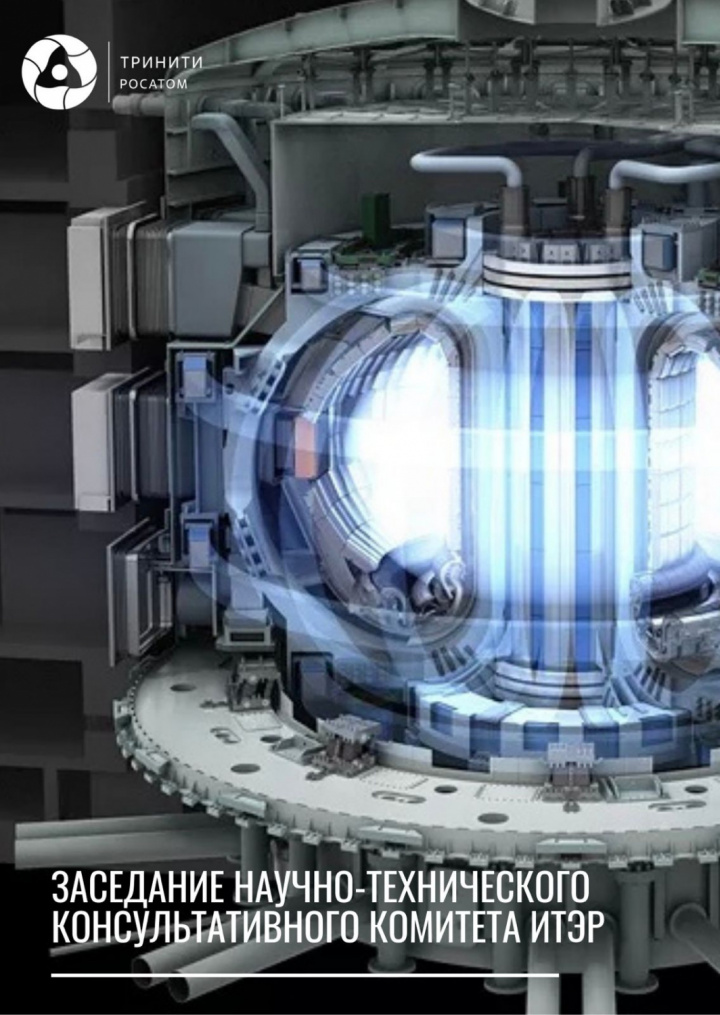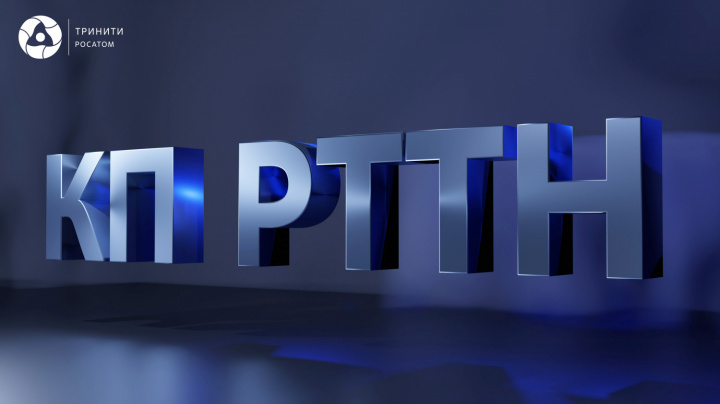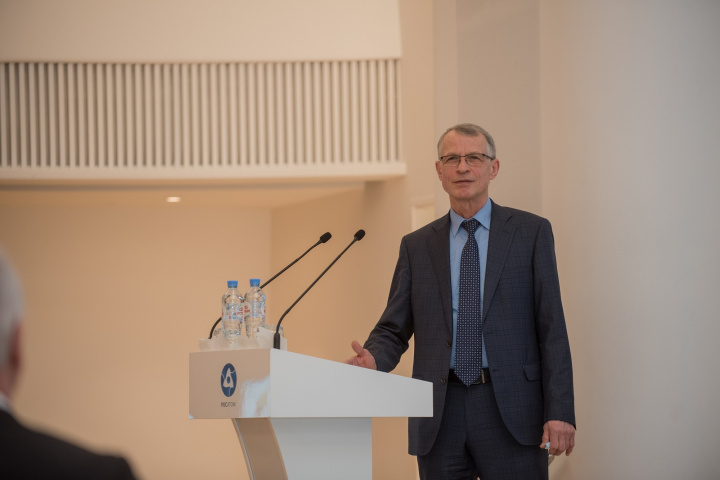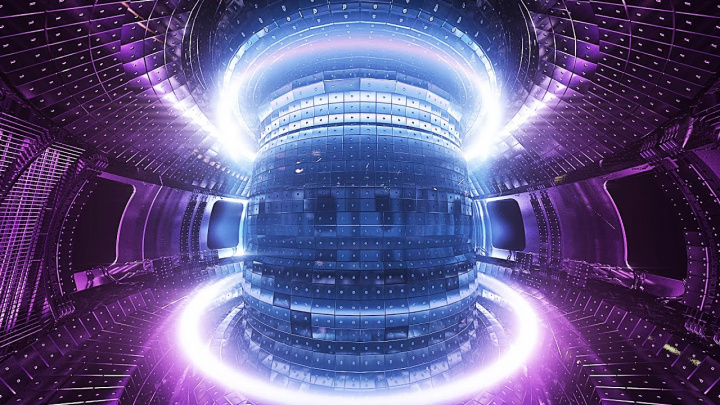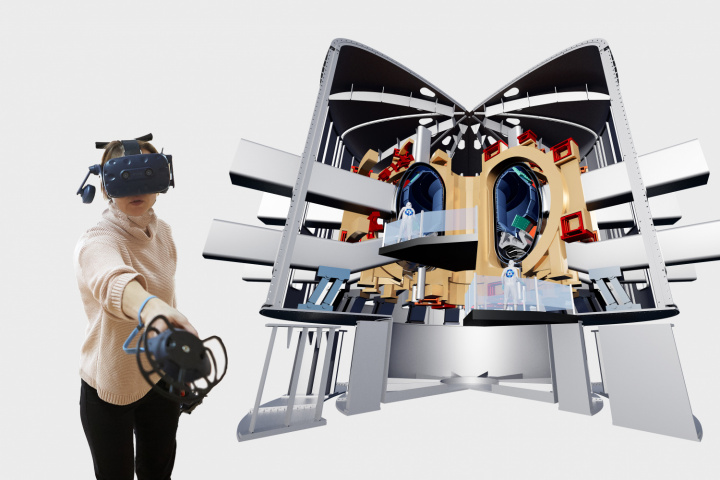TRINITI scientists will create facilities for testing components of a future fusion reactor
2022
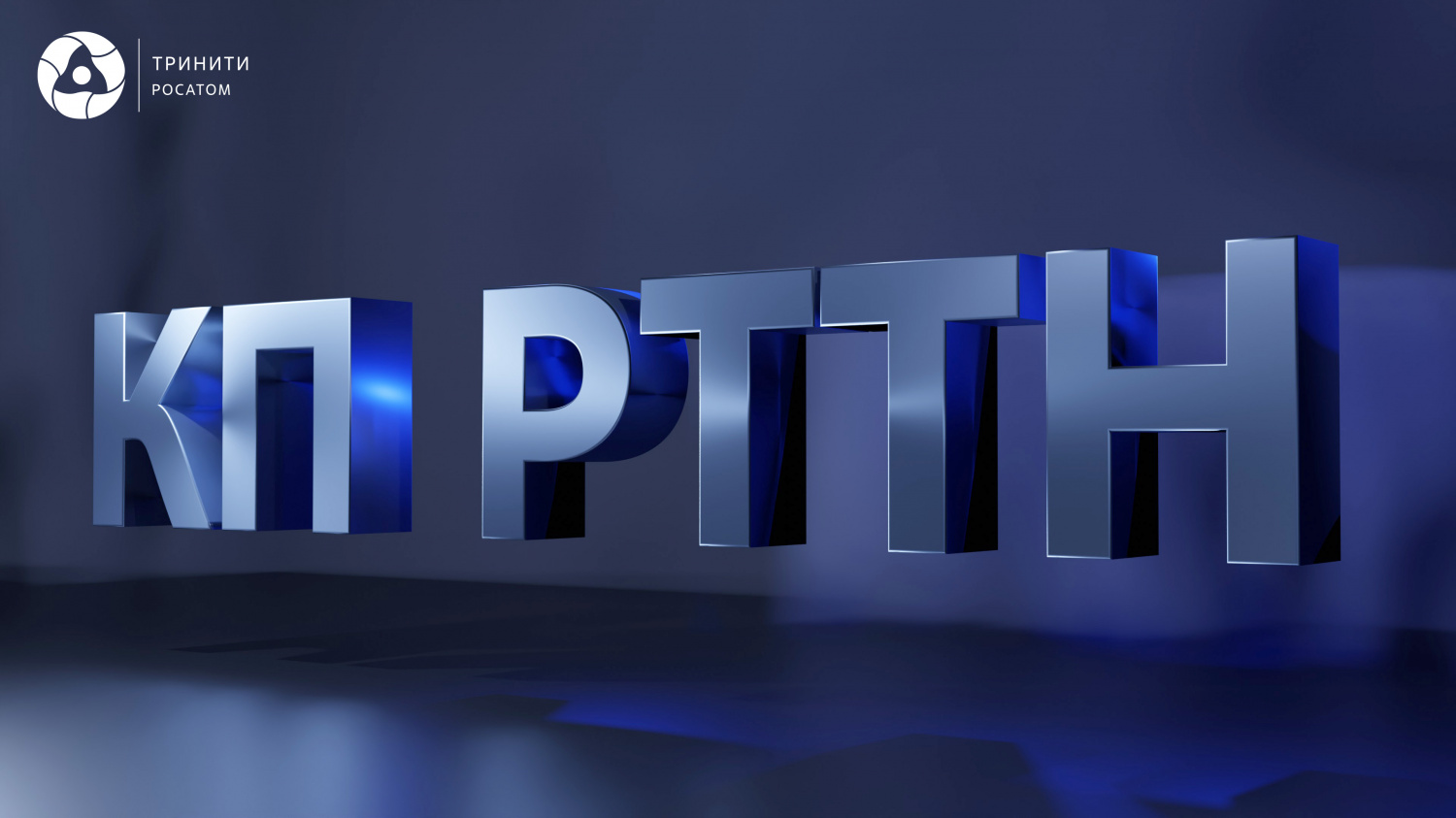
As part of the comprehensive program for the development of nuclear science and technology (DETSR), Russian scientists keep working on fusion and plasma technologies to create clean energy sources, sources of particles and radiation for various purposes, powerful plasma engines for spacecraft, innovative equipment for medicine, engineering, microelectronics and other hi-tech industries. In particular, one of the key implementers of the third DETSR Federal Project, Troitsk Institute of Innovative and Fusion Research (SSC RF TRINITI JSC, part of ROSATOM Science Division) has signed four government contracts to perform research and development work in the field of fusion and plasma technologies.
The first contract provides for the creation and testing of promising structures and technologies (including liquid metal) of the first wall and diverter of the fusion reactor. It will result in the development of innovative technology for the protection of components, which will be a qualitative step to achieve the reactor modes of the tokamak, a device for fusion. The project will be implemented in several stages. In particular, a stationary lithium limiter for T-15MD tokamak will be developed and manufactured by 2023, and the impact of lithium injection on the plasma parameters of T-11M tokamak will be studied.
Under another contract for the creation of a powerful microwave radiation source with 2-octave range of electronic frequency tuning, scientists of SSC RF TRINITI JSC will develop detailed design documentation and produce the main components of the unit by 2023. The third contract involves the creation of compact, intense mega-electron-volt (MeV) neutron sources based on plasma technology. These devices are designed to test components and materials of fusion reactors. By 2023, scientists of the institute will create an experimental prototype of the unit.
As part of the fourth contract, a comprehensive test program for the shock generator system will be developed, and technical requirements for the test facility infrastructure, a modified strong field tokamak (SFT) will be developed. Already this year, a science and technology justification of modified SFT systems will be formed: energy and power supply, water and cryogenic cooling, start-up diagnostics, and parts of the tritium complex. The next step in the project will be the establishment power infrastructure of the complex and the development of a preliminary design for a tokamak with reactor technology (TRT) by 2024.
"Each stage of research and development work is very important and leads to the global goal set by the Russian government and ROSATOM for industry organizations and for all stakeholders of the comprehensive program - the accelerated development of advanced domestic technologies. Implementation of the Federal Project will be a significant step toward solving the problem of mastering and using fusion energy, the most ambitious task set by mankind in the twentieth century," emphasized Kirill Ilyin, Deputy Director General for the Implementation of Comprehensive Program for the Development of Nuclear Science, Technology and Engineering at SSC RF TRINITI JSC.
For reference:
Comprehensive Program for the Development of Engineering, Technologies and Research in Nuclear Energy Use in the RF (DETSR CP) has been developed by ROSATOM together with Kurchatov Institute, the Russian Academy of Sciences, and the Russian Ministry of Science and Higher Education. It includes the development of new advanced technologies and materials, samples of new equipment, upgrade, construction of unique complexes and infrastructure facilities in the field of nuclear power and control of fusion reactions, and small nuclear power plants.


